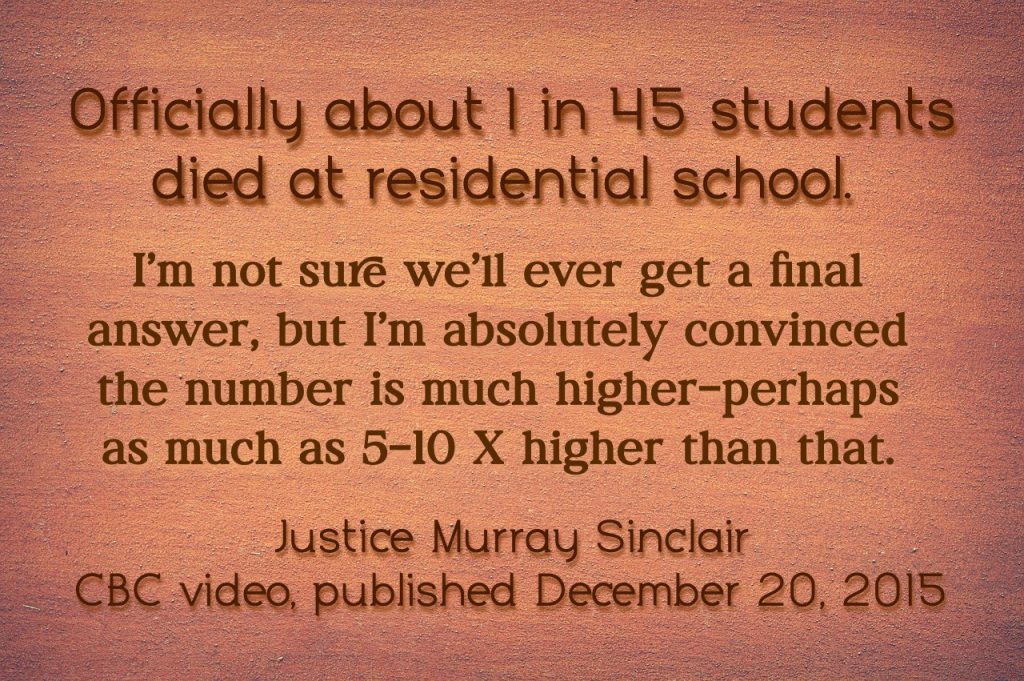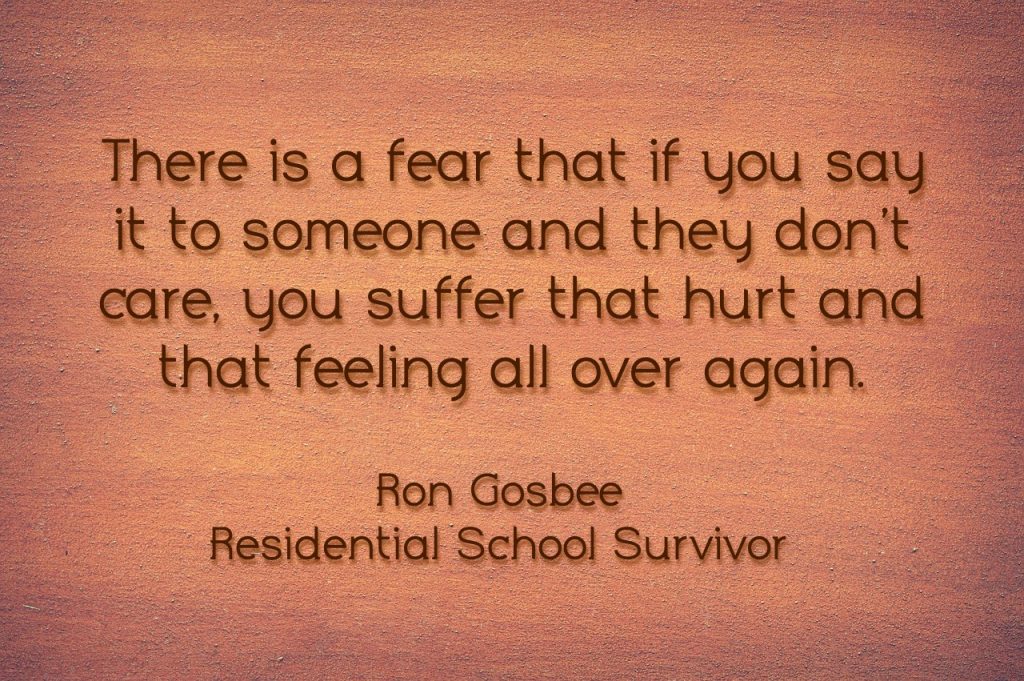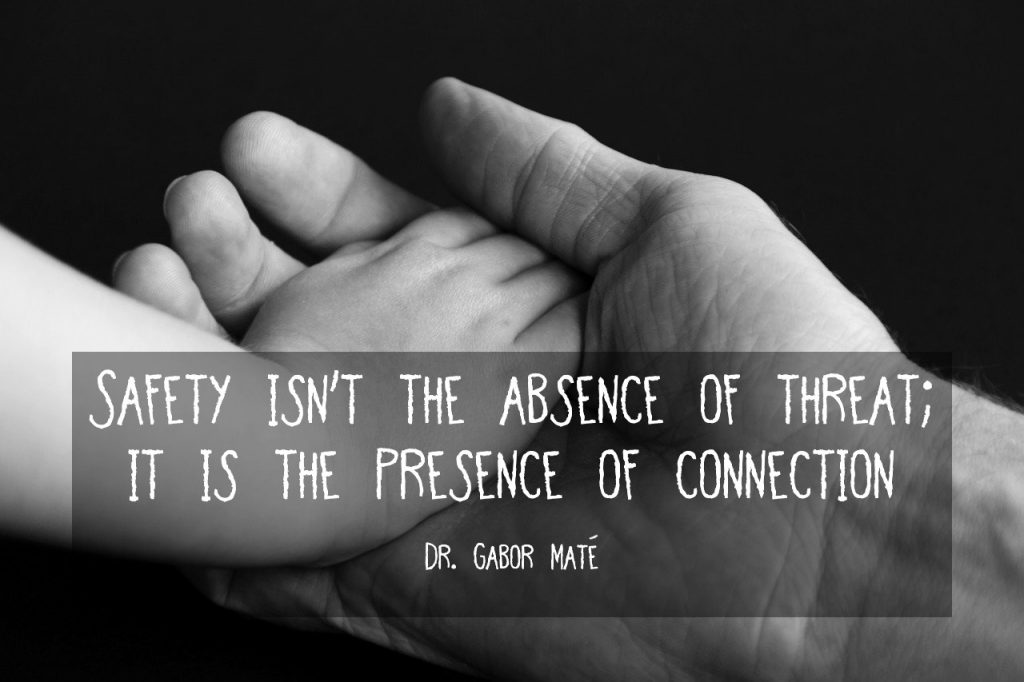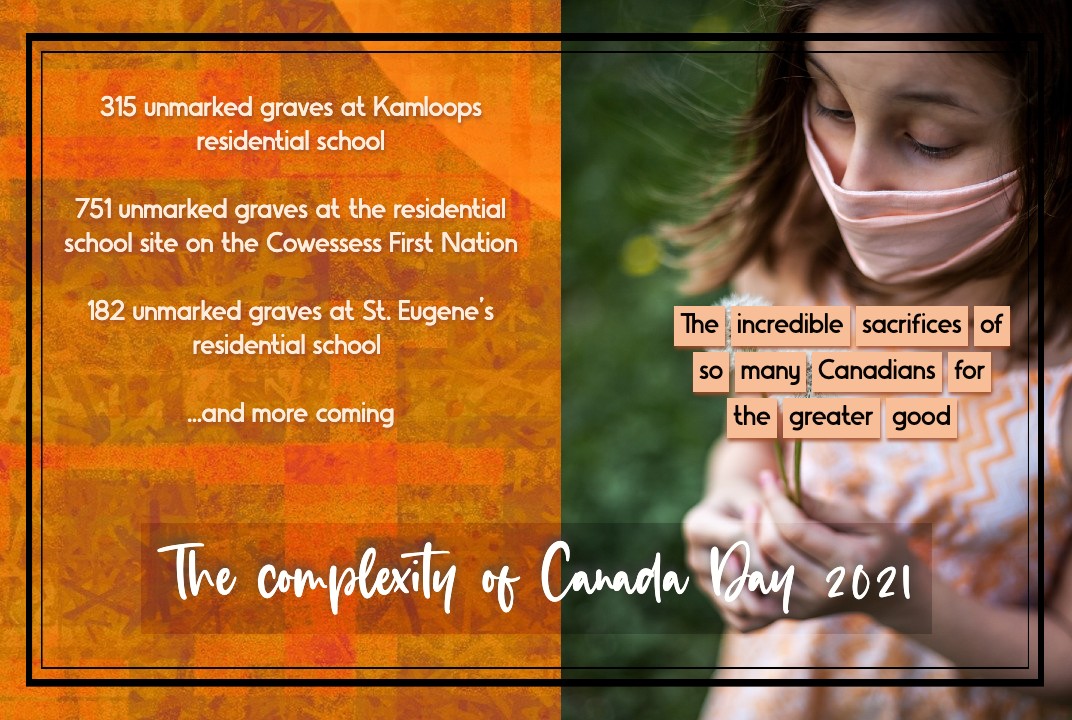It has never been so complicated to come upon July 1, Canada Day, as this year.
Celebrating “Canada Day 2021” brings complexity like never before to Canadians who are both simultaneously:
- grateful for all this country has given them, and
- are horrified at the emerging news reports of unmarked graves at the sites of residential schools
I have never been so proud of Canadians. I have never felt so remorseful and conscience-stricken as a Canadian either.
The tension tugs at me–first one way–and then the other. I fear that the pull from those feelings may leave me in some sort of tug of war that has me paralyzed and immobile.
Being tugged hard in opposite directions might inadvertently look, from the outside, that nothing is happening internally
A state of “nothing” could not be farther from the truth for me. I suspect for you too.
We heard about the 215 graves at the residential school in Kamloops, BC. Children, so very many of them, in unmarked graves. Some as young as three. So many unaccounted for. So many families who never would have known what happened. Grieving mommas, dads, grandparents, cousins, aunts and uncles.
Then, last week, we heard about 751 unmarked graves on the Cowessess First Nation in southeast Saskatchewan. “Many of the remains are believed to be Indigenous children who were taken from their family and forced to attend the former Marieval Indian Residential School.” says a CBC report. On Wednesday, June 29th, another 182 unmarked graves at St. Eugene’s school in BC were announced.
Manitoba has recently determined we will fund similar work to examine burial grounds y our own residential schools. Our own reckoning is coming.
I’ve written before about how Canada Day is a hard one to celebrate in light of the history of our country.
Here’s the thing: The graves that horrified us this month were discovered by ground breaking radar technology. The reality of the graves’ discovery by this technology made the headlines.
But the discovery of these graves should not have been new “news”
It was confirmation of what we were told by the Truth and Reconciliation Commission.

We were told how bad it was–years ago.
The grief and horror of the reality of residential schools didn’t hit me; didn’t impact us until the radar found the evidence.
This month, I have been listening podcasts and watching videos–documentaries and news reports–that described the experience of Indigenous peoples in residential schools as we have become aware of the number of children buried. Only now.
So many of the videos posted that I have learned from and further understood the horrors of residential schools have been available for years. I never bothered to look them up until this month.
My lack of interest until this month is something I am struggling with. Why did I wait until the radar evidence showed what Indigenous people have been telling us for years?
Interest now is better late than never, I guess. But my delayed compassion and grief is something I deeply regret.
As a therapist, I witness the damage when a person isn’t believed “until the evidence” shows it. When a person isn’t believed–when community isn’t created around a person who has been wounded–that is where the real trauma lies.
When experience and stories and emotional pain are heard but not listened to–that hurts. Deeply.
We re-traumatize trauma survivors when we don’t believe their stories.
When we deny the pain, we become perpetrators by increasing the pain.

Settler Canadians–we are sad right now because of the recent headlines. As we have become aware of these graves, we have also become aware of the kidnapping of these children, the stripping of their language and culture, the sexual abuse, the electric chairs, the harsh conditions, the starvation existence, the stark conditions and lack of warm parental love in the lives of these students.
We call these places, “residential schools”–but really, what schools have their own graveyards?
And we are shocked and horrified and grieving now. Where was our outrage when we had a chance to hear these stories over these last decades?
I grieve the stain of residential schools in Canada’s history. I have grieved this before.
This year, I grieve my own past apathy. I heard enough to cue me to increase my understanding, seek out listening opportunities, and become more of an active ally in history.
This year. I grieve that Canadians have, historically, been woefully under-responsive–and sometimes, completely non-responsive to the tragedy and injustice that Indigenous peoples have suffered.
Canada Day 2021 seems more funereal than celebratory.
This year, however, has also had another powerful story which lights me up, pumps my tires, puts gas in my tank, and fills my spirit.
I have witnessed the extraordinary commitment to the common good by Canadians during this pandemic.
As a therapist, I listen to people in their unguarded moments, and I get chills when I think about celebrating the uncommon courage and good will this year on Canada Day 2021.
I hear beautiful moments:
- Unfiltered, I hear stories of kindness and love.
- I see sacrifice as people give up what they want for the common good.
- I watch unparalleled kindness as people give up their freedom for the health and well being of others.
People have joined forces to fight the ravages of COVID-19:
- Teachers pour our their hearts as they are overwhelmed with the unsustainable demands–and yet they get up the next morning and show up to teach
- Nurses and other health care show up to hold the hands of those dying alone. They work extra shifts, exhausted. They stretch themselves professionally and personally as they have battled COVID-19
- Single people go for months and months without any physical contact, working from home, not seeing a soul. They could “cheat”–and they don’t. Because they care.
- Food delivery people, grocery store and drug store staff, taxi drivers–people who can’t stay home because they must feed their families and serve the public–go to work. Let’s not forget how scary those early days of the pandemic were–and they showed up.
- Children stayed home from school, or went to school with masks, or stayed at their desks all day. They didn’t go to dance class or hockey practice. And they didn’t hug grandma–even though they wanted to. They found out what was safe–and then they did it because they wanted to do their part.
- Hair dressers and manicurists, gym owners and personal trainers, movie theaters and restaurant owners–they have gone weeks and months without revenue. It’s been hard–many (or even most) have complained because of how unfair it has been–because it is unfair! And yet, their complaining hasn’t stopped them from complying. My hairstylist diligently followed all the protocols–even though it cost him. He did the right thing, because, well, it’s the right thing.
- Trauma survivors who have legitimate claustrophobia figure out how to tolerate a mask on their face. It’s brutally hard, but they fight the triggers, the panic, the terrifying feeling of something over their face–because they care.
Never have I been prouder of my fellow Canadians. So very, very many listened to public health care experts, the scientists, and decided to be kind to others by staying apart. The commitment I witnessed to caring for fellow Canadians this year is something that has frequently taken my breath away.
Canadians made their communities safer by caring for others–even when it cost them.
Canadians sacrificed as part of living a life of love.
I love us.
I watched this video a couple of weeks ago:
Seems to me that the key to living with this tension of the horror of the atrocities of residential schools and the commitment people have had to the community’s good lies in the strength of connection.
Trauma happens when there isn’t support during and after very difficult and frightening times.
For the most part, we have given mindful, socially distant connection to each other during the pandemic.
We have got a lot to celebrate during Canada Day 2021.
For the most part, we are just wrapping our heads around how negligent we have been in extending connection to the Indigenous communities who experienced death and abuse in residential schools for 7 generations.
We have got to up our awareness, our compassion, knowledge–and extend healing connection as mark Canada Day 2021.
Where do we start with upping our awareness and compassion?
Cowessess First nation Chief Cadmus Delorme had the following suggestions:
- The Truth and Reconciliation Commission of Canada created “Calls to Action”. Once we read them, we can bring them into our personal lives, our relationships, our work.
- The National Inquiry into Missing and Murdered Indigenous Women and Girls also has a report with recommendations that can get us started.
I’m quite certain this reading will be challenging at multiple levels. Courage and compassion are prerequisites.
I was struck by this thought of Gabor Maté:

Safety during COVID-19, even now–isn’t about the pandemic being over. It isn’t an option to have COVID-19 disappear. We create safety when we are present for each other in the midst of adversity.
Residential school students didn’t have connection with their parents, with warm and loving caregivers. They lived in a dangerous world 24/7 because they didn’t have parents who loved them right there and actually loving them with warm hugs, consoling words, encouragement and support.
Residential school survivors and their descendants don’t have safety now–because we haven’t found meaningful ways to connect. Indigenous peoples will not have a sense of safety in Canada until we find meaningful ways to connect.
Canada Day 2021, we seek connection.
We continue to create safety for each other in COVID-19. We begin a much delayed start in developing safety for Indigenous peoples.







Write a Comment